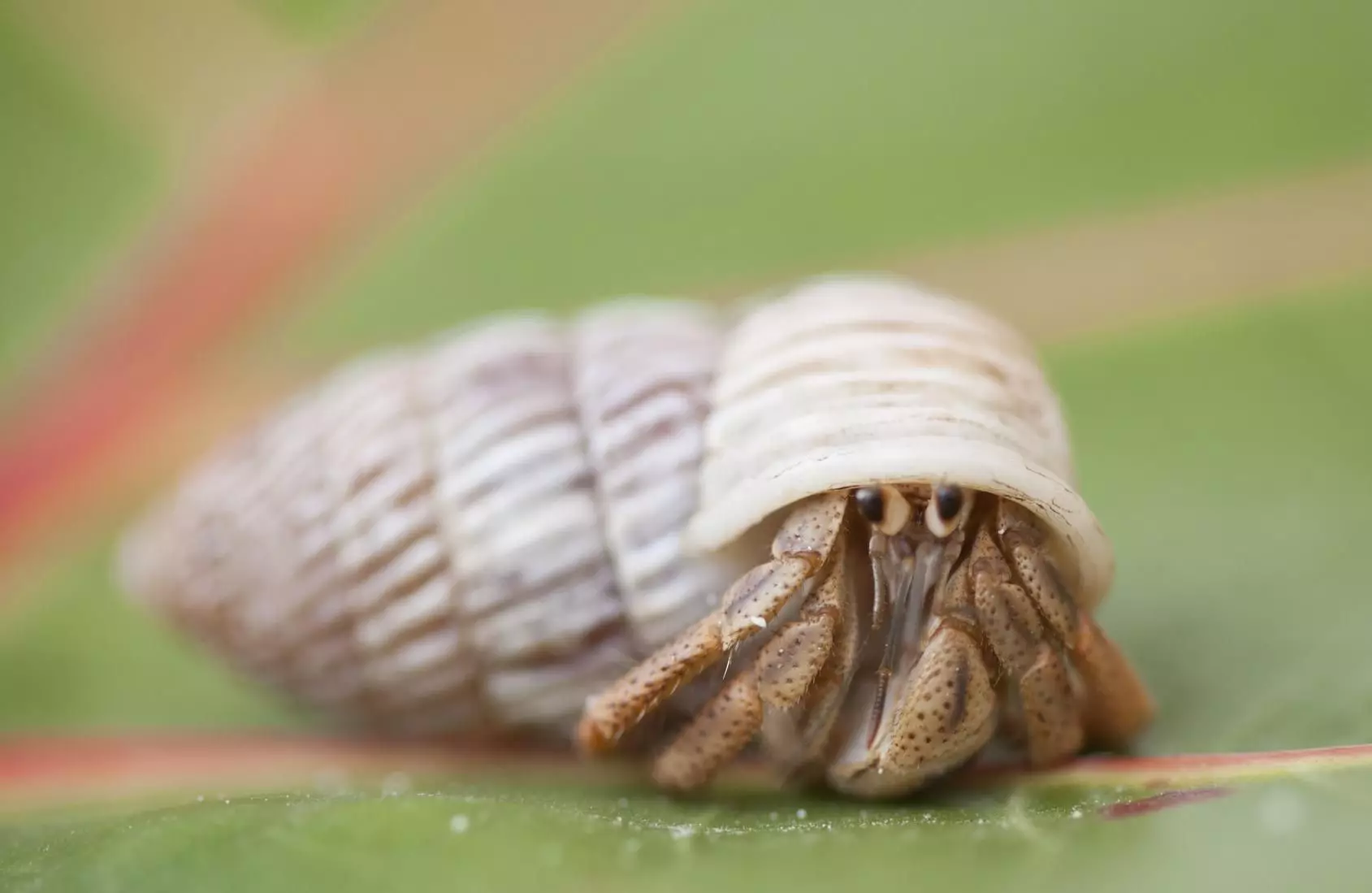Maintaining the health and well-being of hermit crabs involves understanding their dietary needs. These fascinating creatures offer a unique opportunity for pet owners who appreciate the delicate balance of land and marine ecosystems. To ensure proper care, it is crucial to delve into what hermit crabs eat, as well as the dietary pitfalls to avoid. This guide will outline the specific dietary requirements of hermit crabs, the best food options, and the critical considerations for proper care to promote their longevity.
Hermit crabs are classified as omnivores, thriving on a diverse diet that includes both plant and animal-based materials. In the wild, they efficiently forage for nutrients, but in captivity, it’s the owner’s responsibility to replicate that range of nutrition. A well-balanced diet for hermit crabs is not overly complex but does require some thought and preparation. The foundation of their diet can come from high-quality commercial foods, which should be augmented with fresh fruits, vegetables, and protein sources to maintain a healthy diversity.
It is essential to choose reputable brands that cater specifically to hermit crabs, as not all pet food is created equal. Reliable suppliers like Florida Marine Research and Zoo Med offer pelleted options, which can be beneficial for ensuring your pet receives essential nutrients. Pelleted foods are not only easy to serve but also can be modified—crushed for smaller crabs or moistened for those who prefer a softer texture. Regular monitoring is necessary, as uneaten food must be discarded daily to prevent spoilage and maintain a hygienic habitat.
To keep hermit crabs engaged and healthy, a variety of fresh foods should be offered on a routine basis. Popular options include tropical fruits like mango and papaya, leafy greens such as spinach and watercress, and crunchy snacks like carrots and broccoli. Avoiding monotony in their diet is essential; rotating different kinds of food will help meet their nutritional requirements while also preventing them from becoming bored.
While many fruits can be beneficial, caution should be exercised regarding acidic varieties. It may be wise to stay away from citrus options due to the potential acidity that might upset their digestive systems. Furthermore, starchy vegetables like potatoes and iceberg lettuce, known for their lack of nutritional value, should also be omitted from their meals.
Protein plays an important role in the dietary needs of hermit crabs. Cooked eggs, seafood, and freeze-dried options like shrimp can be fed in moderation, ensuring that crabs receive adequate nutrition. However, keeping a balance in their diet is essential, and excesses of any food group—even tasty snacks like nuts and peanut butter—should be avoided.
Calcium is critical for hermit crabs, particularly during molting periods, when their exoskeletons are vulnerable. To keep their calcium levels high, various supplements can be introduced into their habitat. Cuttlebone, crushed oyster shells, and even boiled and crushed eggshells can be effective means of providing this vital mineral.
Additionally, calcium supplements designed for reptiles can also be integrated into their diet. It’s a good practice for pet owners to make calcium readily available to prevent molting issues and promote shell health. Ensuring crabs can access these calcium sources is paramount for their overall vitality.
Proper hydration is equally important in hermit crab care. They need access to both fresh and salt water, reflecting their natural habitat where they can consume and bathe in both types of water. It’s necessary to treat all tap water used with dechlorinators to neutralize harmful substances. When mixing salt water, opting for specialized products like Instant Ocean can simulate the proper salinity levels hermit crabs require for health.
Water dishes should be shallow yet spacious enough for hermit crabs to soak if they wish. Providing natural features like smooth stones for them to exit the water safely will enhance their environment and prevent drowning risks.
Responsible hermit crab ownership encompasses understanding their dietary needs and the tools necessary to create a nurturing environment. A balanced diet of commercial pellets, diverse fresh foods, and essential calcium will contribute to the long-term health of your hermit crab. When properly cared for, these intriguing creatures can thrive, providing joy and fascination for their owners. By ensuring access to proper food, hydration, and overall care, hermit crabs can live fulfilling lives that mirror their natural tendencies in the wild.

